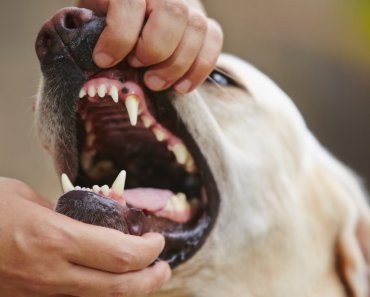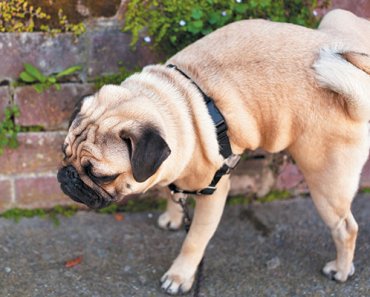There are a few essential vitamins that your dog or cat needs, all of which have to come from his food. Here’s how to determine if he’s getting enough!
Is your pet getting all the nutrients he needs from his food? As you can imagine, food that is made to meet the minimums of a broad range of pets might actually fall short when it comes to each specific animal. A study out of Tufts University showed that 75% of dogs on commercial diets were insufficient for Vitamin D. It’s true that the food itself contains the amount AAFCO requires, but what about what your dog or cat requires? Let’s take a look at three essential vitamins your pet needs but may not be getting enough of.
1. Vitamin D
Vitamin D is a misunderstood, but important, nutrient. The internet is rife with Vitamin D toxicity stories but very little is shared about the larger problem: vitamin D deficiency. Vitamin D is integral in your pet’s immune response, combating inflammation, infection, proliferation, and much more. Deficiency is linked to a wide range of diseases and relative risk increases as Vitamin D values drop. Research in animals supports the importance of Vitamin D and why being sufficient is so important. Unfortunately, most pets aren’t there.
2. Vitamin B12 (Cobalamin)
Vitamin B12, what many associate with “giving us energy,” is another essential vitamin playing a major role at the cellular level. B12 is a required helper in a number of important cellular reactions – from DNA synthesis to fatty acid and amino acid metabolism. B12 deficiencies are associated with anemia, nervous system disorders, immunodeficiencies, and are often seen in pets with gastrointestinal disorders.
3. Magnesium
Magnesium is the new kid on the block when it comes to understanding its importance. More and more research, in both humans and animals, is highlighting the crucial part magnesium plays [learn more]. Magnesium is essential for DNA, RNA, and other protein synthesis, as well as general energy metabolism. Think of it like the oil in a car: when it’s there, in the right amount, all the parts run smoothly. When it’s low, dysfunction occurs.
Honorable mention: folate
Folate, often associated with B12, is another essential vitamin, but instead of only getting it through diet, it is also made by the bacteria in the gut. Folate levels are an indicator of gut health. Happy gut, happy pet.
 Testing and correcting
Testing and correcting
Nutrition is complex. What is balanced and sufficient for one dog or cat, probably won’t be for the next. The goal of diet and supplementation is to get as close to sufficient for each specific pet, and the easiest way to ensure essential nutrients are sufficient is to test. Quick blood testing will tell you what your pet’s levels are, and with the right laboratory, give you supplementation guidelines for correcting any insufficiencies. It’s a simple process:
Step 1: Get your pet on a stable diet that is balanced, complete, and meets any specific health needs.
Step 2: Test the essential nutrient levels (Vitamin D, B12, Magnesium)
Step 3: Use the patient-specific dose to correct any insufficiencies.




























